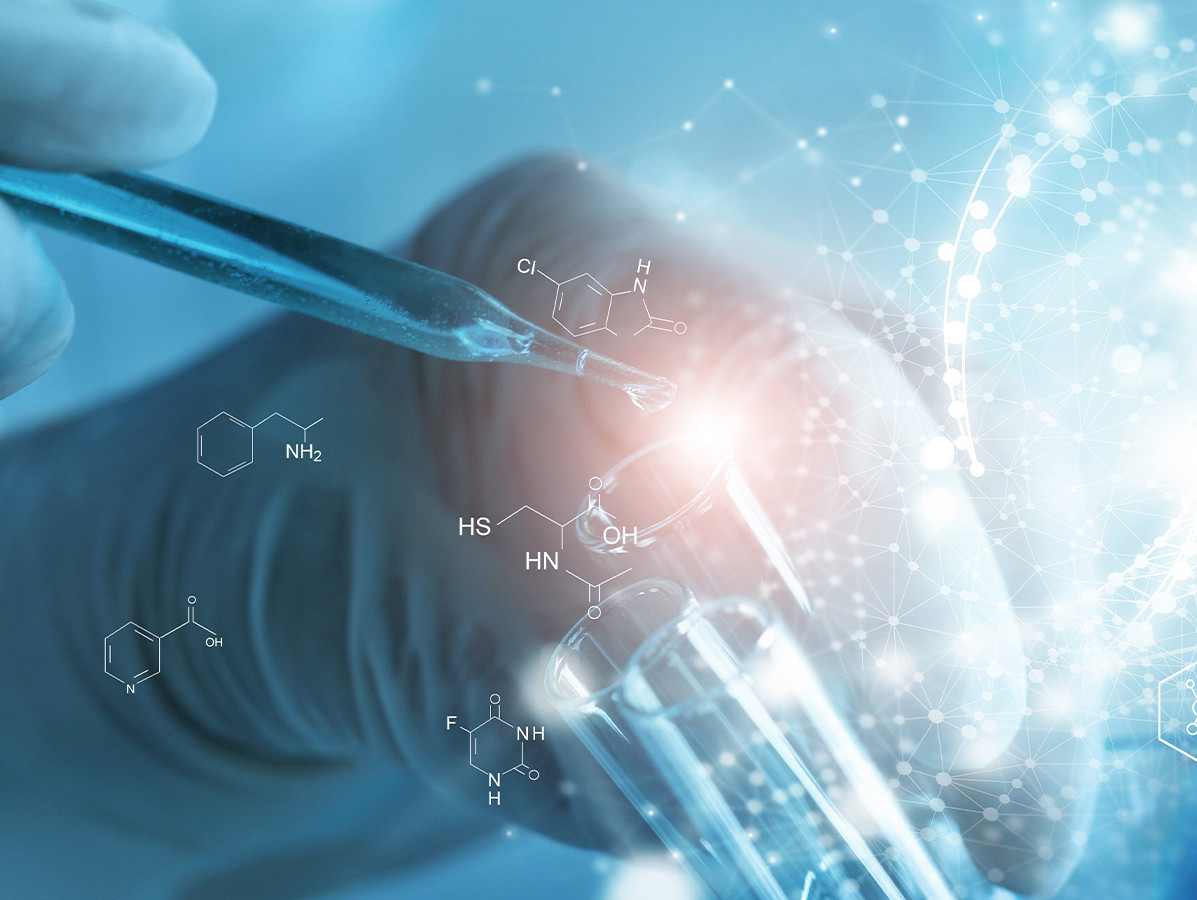
The soil bacterium Cupriavidus necator can grow on a mixture of carbon dioxide, oxygen, and hydrogen can be persuaded to produce various useful products, such as amino acids, milk proteins, and building blocks for pharmaceuticals. Sandy Schmidt, a biochemist at the University of Groningen, wants to grow this bacterium in a bioreactor that is fed waste gases from factories, to turn carbon dioxide into valuable molecules.
By tweaking the bacterium’s metabolic pathways, it is possible to overproduce, for example, the amino acid lysine, an important component of animal feed. Schmidt has been working on these projects for about two years and expects some tangible results in the next two to three years. By then, they should have strains that produce large quantities of the required products. However, the next step—upscaling the bioreactors to industrial size—might take another five years. Apart from the upscaling, the gas mixture she wants to feed the bacteria contains oxygen and hydrogen–a very explosive combination.
If all goes well, bioreactors could be placed next to steel works or chemical plants, such as Tata Steel or BASF. The waste gases of these factories may also contain sulphur or heavy metals, but this bacterium is fairly resistant against such pollutants, so they don’t have to purify the gases very much. One downside to her superbug is that it smells horrible.
Despite these drawbacks, Cupriavidus necator appears to have the potential to be a goose with golden eggs. Apart from amino acids and proteins, it can produce building blocks for pharmaceuticals. It is also used to make compounds that are labelled with the carbon-13 isotope, which can be used in medical diagnostics and magnetic resonance studies.
Image: PopTika/Shutterstock.com
Source: Universiteit Groningen